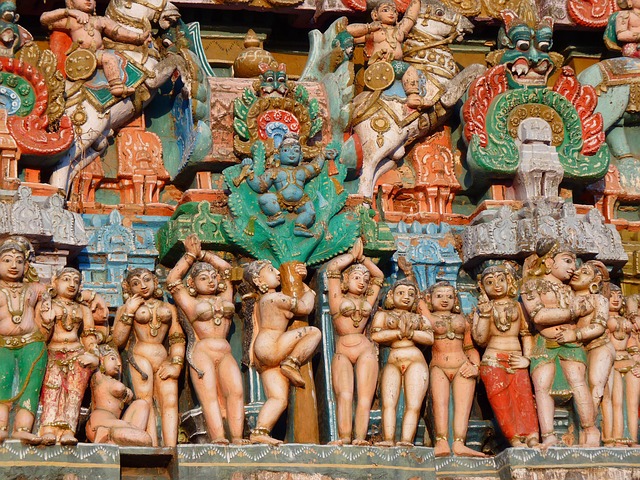Exploring the Divine Realm of the Egyptian God of Earth
In the rich tapestry of ancient Egyptian mythology, few deities evoke as deep a sense of connection to the earth as Geb, the god of the earth. Revered for his pivotal role in creation and sustenance, Geb represents not only the physical ground beneath our feet but also the very essence of life that flourishes atop it. The ancient Egyptians held a profound respect for the earth, understanding it as the source of nurture, stability, and endurance.
Geb is often depicted lying on his back, with his body covered in lush vegetation, symbolizing the fertile nature of the earth. This imagery brings to mind the intimate relationship between nature and humanity. The life we experience is grounded in the soil, where seeds are planted, and nourishment is drawn. Just as Geb supports the flora and fauna of the world, he reminds us of our reliance on the earth for survival and our responsibility to care for it.
The Egyptians believed that Geb was the spouse of Nut, the sky goddess, and together they represent the duality of our existence—the earth below and the sky above. This union signifies harmony within the cosmos, creating a balance that allowed for life to thrive. In many ways, Geb embodies the connection we all share with the natural world—a reminder of the importance of balance in our lives and the symbiotic relationship between the earth and humanity.
In terms of worship, Geb held a special place in the hearts of the ancient Egyptians. Early texts and rituals dedicated to him often emphasized agricultural fertility and harvest, celebrating the bountiful gifts of the earth. As people invoked his blessings, they sought to establish a relationship built on reverence and gratitude, recognizing Geb as the guardian of their sustenance and well-being. This acknowledgment is a vital aspect of religious practices that persist even today, as many cultures continue to honor the earth in their spiritual traditions.
Moreover, Geb’s influence extended beyond agriculture. He was thought to govern not just the physical realm but also the underworld, where the souls of the deceased were believed to return to his embrace. This aspect of Geb connects to the ancient Egyptian understanding of life after death, where the earth serves as a vital link between the material and spiritual worlds. The reverence for Geb signifies a belief in continuity, the cyclical nature of existence, and a recognition of the earth as a sacred space for all living beings.
As we explore the teachings and stories surrounding Geb, we find a profound reflection of our own lives. In moments of stillness, when we stand upon the ground beneath our feet, we can feel the pulse of the earth—a gentle reminder of our shared journey with every creature and plant that inhabits this beautiful planet. In his legacy, we are encouraged to cultivate a sense of stewardship, stewardship of the earth and gratitude for its gifts.



